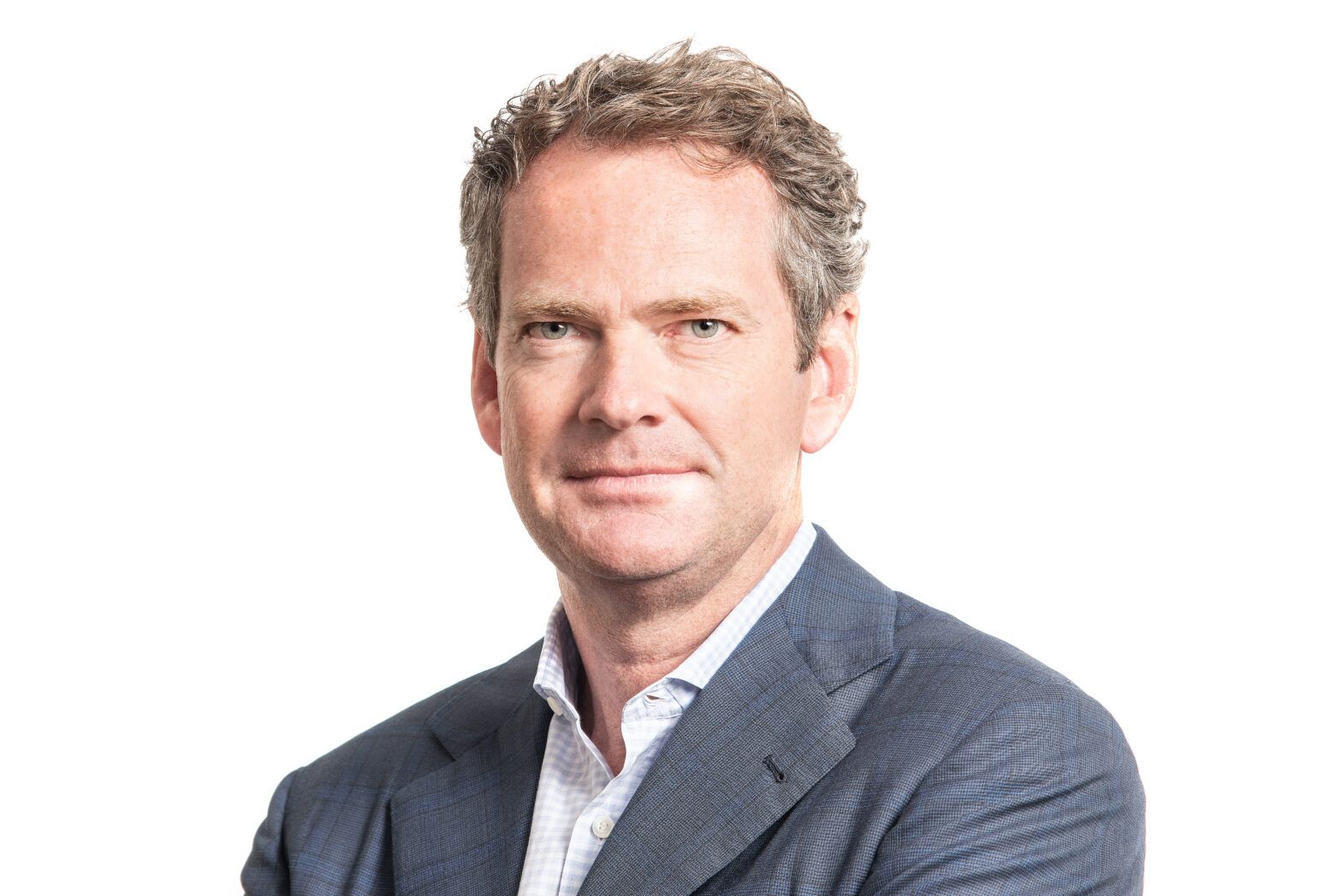In July, Schroders acquired a majority stake in impact investment manager BlueOrchard. The company’s chairman Peter Fanconi took time out to explain the company’s ethos and what he believes will be the biggest impact challenges for investors, in the years ahead.
1) What do you consider to be the most important issue in sustainable investment for fund selectors at present?
We see it as our responsibility to provide evidence and comfort that investments with a positive social and environmental impact do not come at the expense of financial returns. The challenge for investors today is to take advantage of this opportunity and actively incorporate impact into their selection process. With regards to the UN Sustainable Development Goals, there is an estimated investment gap of $2.5 trillion to bridge by 2030 and private investors will need to play a key role in order to close this gap.
2) How have you scrutinised your investment proposition to ensure it is delivering genuine additional investment value from material ESG issues?
Ensuring tangible and direct impact from all of our investments has always been the number one priority at BlueOrchard and is as such an elementary part of our investment process.
We have developed our own in-house impact management tool, which is aligned with industry best-practices and in constant improvement and review to establish full control over the measurement of the impact we have.
At the same time, we actively engage in industry initiatives and contribute our knowhow and expertise to further develop impact management within the industry. For example, as part of a consortium of global public and private organisations involved in the development of the new International Finance Corporation’s (IFC) Operating Principles for Impact Management, BlueOrchard has significantly contributed to their conceptualisation and our CIO, Maria Teresa Zappia, was elected as member of the Principle’s Advisory Board.
3) What are you doing that your competitors are not?
BlueOrchard is the world’s first commercial manager of microfinance debt investments, with a proven 20 year track record. Through various field offices worldwide, from Nairobi over Lima to Phnom Penh we are able to gain valuable knowledge and firsthand insights into local market developments and sustain a presence on the ground of where the impact is truly felt.
Another important aspect of our success as investment managers is the tight-knit and vast network of DFIs and blended finance institutions we are a part of. But apart from being a pioneer in the field of impact investing, we also pride ourselves on being thought leaders in the industry. By frequently partnering with respected research institutions, as well as publishing our own cutting edge research, we aim to combine theory with practice and continue to lead the way forward.
4) Which of your competitors do you admire in this sector and why?
Having been in this industry for 20 years we have seen a lot of change. Especially recently. Many big players are moving into the impact investing space, a testament to the importance of creating an impact with the world’s wealth, but also to the positive track record of steady financial returns. The industry consists of many different players contributing in various ways to the professionalisation and improvement of impact investing as a whole, all of whom have been doing admirable work.
5) Who do you consider to be a trailblazer in the world of ESG investment and why?
The challenge is to show that a positive social and environmental impact can go hand in hand with financial returns. Any player achieving this goal is a trailblazer in the world of impact investing.
6) What are you concerns about the mass marketing of ESG investment ideas?
Generally speaking, the fact that ESG and impact investment ideas are spreading is good news. The investment gap to achieving the SDGs by 2030 makes it apparent that there is a significant demand for additional capital and mass marketing can be a helpful in that respect. The only realistic way to reach these targets is by encouraging private and institutional investors, which means for us to set an example by spreading the ideas of impact investing globally.
7) What will be the biggest ESG investment theme in the coming years which isn’t fully appreciated as yet?
A common thread that is weaved into almost every social and environmental issue we face today is the problem of inequality. Because the challenge is multi-fold and often not recognised as a priority at first glance, its implications run deep and need to be tackled before anything else.
Inequality exists in a variety of dimensions and effects efforts such as stopping climate change, alleviating poverty and providing accessible education and sanitation. The effects of climate change, for example, are felt across the globe, but emerging markets suffer a disproportionate amount due to their geographic location, their high economic dependency on agriculture and the unavailability of means to protect themselves, pushing inequality at the core of the problem. Many people are still not aware of the connection between advancing prominent social issues and tackling the broader underlying inequality.








